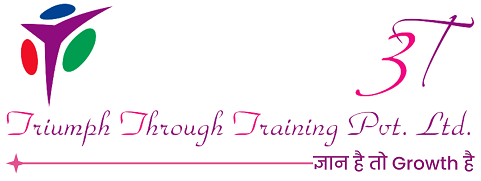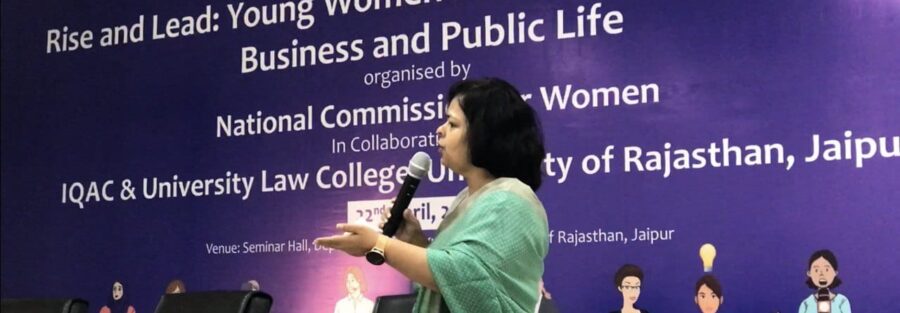Revisit the Cobra Effect
The underrepresentation of women in top leadership positions within Indian corporations prompts critical questions about the factors influencing this disparity. Is it a matter of competence or strategic decision-making capabilities? I do not believe that the glass ceiling, glass wall, or glass cliff exits, as before. But we cannot negate the fact that India’s rank is 140 out of 156 countries in the Global Gender Gap Report. So, despite apparent progress, obstacles continue to persist.
Recently, I had the privilege of addressing an event hosted by the National Commission for Women and the University of Rajasthan. At 3T (Triumph through Training Pvt. Ltd.), we specialize in enhancing the soft skills of students and professionals, in topics such as decision-making, which is an important soft skill for making it to leadership roles and joining the C-suite. I shared my mantra for success wrapped in the three Cs: consistency, courage, and commitment.
Consistency is the bedrock of success, requiring disciplined efforts across various facets of life. From physical fitness to intellectual development, maintaining consistency gives rise to resilience and excellence. Each day presents opportunities to make favorable decisions. We need to make decisions in our favour—no matter how much we feel like hitting the snooze button and not going for a walk, avoiding that tempting but greasy food at an official party, or keeping away the gadgets after 9 pm to experience high quality, deep sleep. Regular practice in making the right decisions will make us perfect for today’s dynamic business environment. And greatness will undoubtedly follow—sooner or later.
Courage plays a crucial role in decision-making, often necessitating bold, unconventional choices. Through critical and creative thinking, emotional intelligence, and situational awareness, individuals can develop the courage to confront challenges head-on. I am reminded of the historical ‘cobra effect,’ which advocates the importance of pre-mortem analysis to anticipate and mitigate unintended consequences. Let me explain with a historical event during colonial British rule in India. Delhi was infested with venomous cobras and the foreigners decided to get rid of them by rewarding all those who killed and presented the cobra hood. It was anticipated that the cobras would disappear after the decision was implemented. Initially, it seemed to get the desired result, but soon the incentive provided led to unintended and undesirable result as Indians started breeding cobras and killing them to bag the monetary reward. So, the British took another decision not to reward the people for killing cobras. So, the people set all the cobras free which aggravated the situation beyond imagination. Such a cobra effect cautions us to analyse the impact of a probable decision beforehand, rather than suffering the aftermath. Hence, a pre-mortem is advisable. Additionally, there are many qualitative and quantitative techniques which we simulate and help our training participants develop for effective decision making.
Finally, commitment transforms intentions into tangible outcomes. By publicly declaring goals, individuals strengthen their resolve and they feel accountable. Then, it becomes a question of our reputation to attain the desired results and we are driven towards making the decision work, as everyone knows about it. This unwavering commitment propels us into action for which we give our 100% by aligning reputation with performance.
I extend my gratitude to Prof. Rashmi Jain (UoR), Dr. Rajeev Soni (UoR), Ms. Shivani Dey (NCW), Ms. Rainu Singh (SEDA), Dr. Namita Mittal (MNIT), and Ms. Alka Batra (Aegis) for their invaluable insights and contributions. Their perspectives enriched the conference and helped in meaningful networking.
In conclusion, by embracing consistency, courage, and commitment, individuals can improve their decision-making with improved self-confidence.



